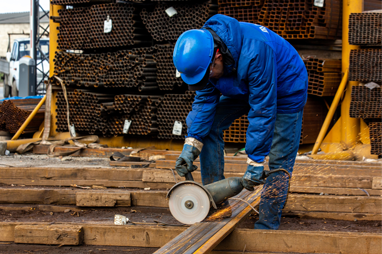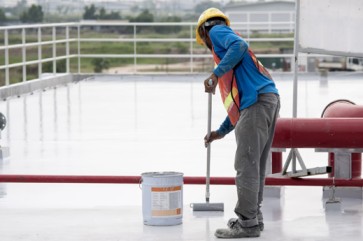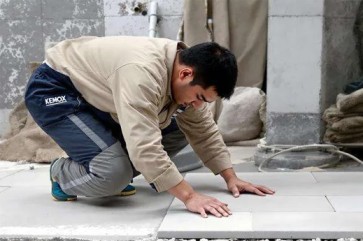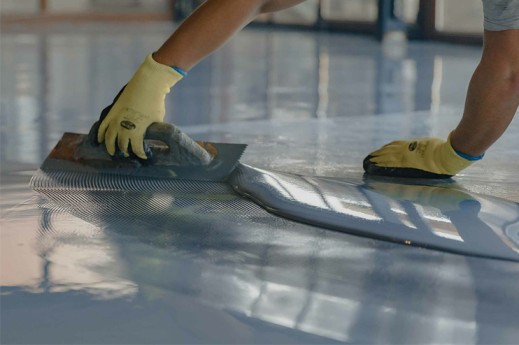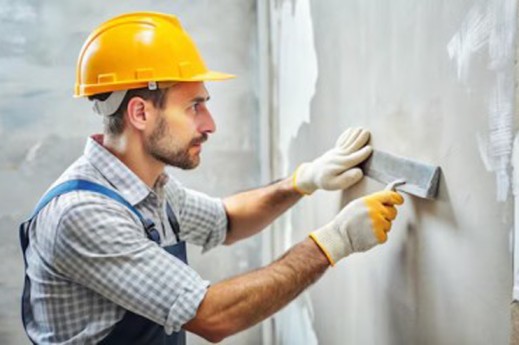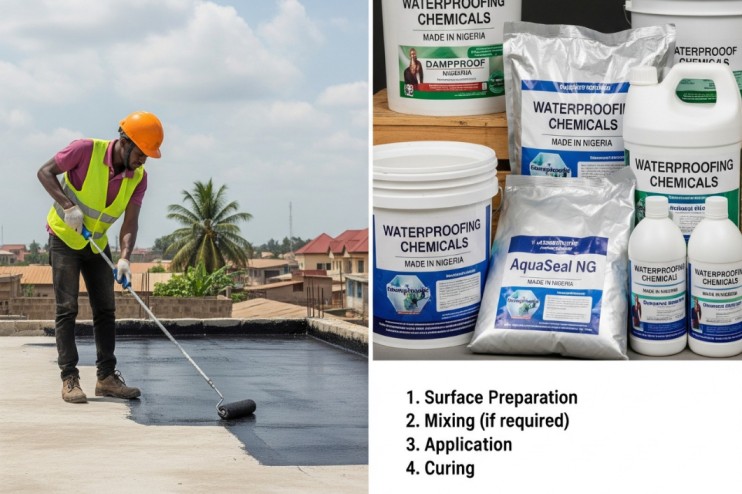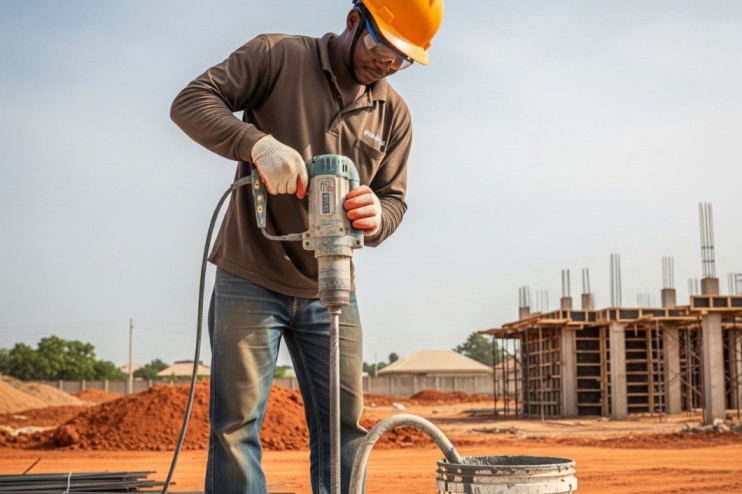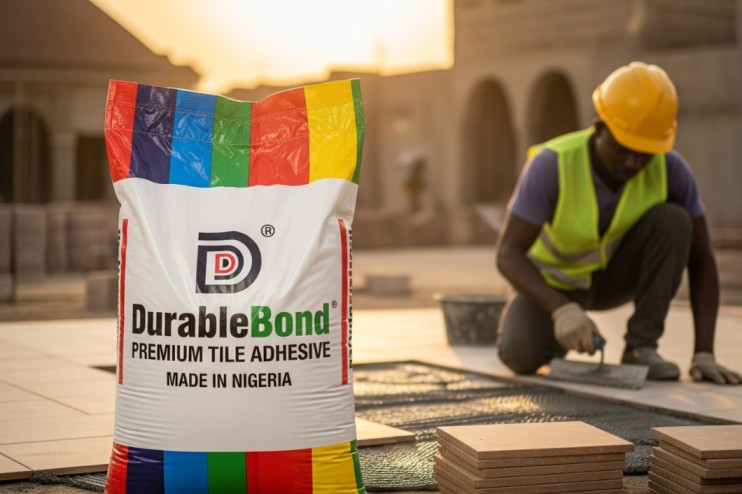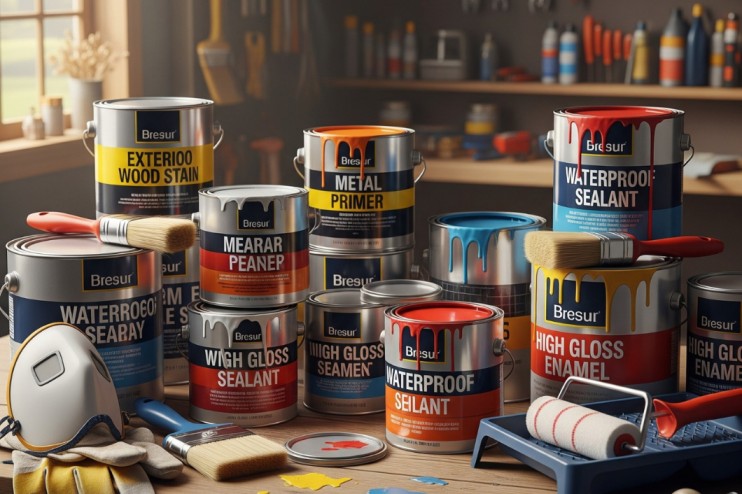How to Choose the Right Building Materials in Nigeria: A Complete Guide
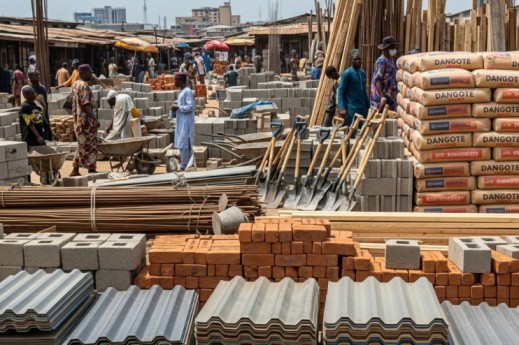
Building materials in Nigeria are the foundation of the construction industry. From residential homes to commercial buildings, the quality and type of materials directly affect durability, safety, and cost. With Nigeria’s rapid urbanization and growing infrastructure needs, understanding which materials to use—and how to source them—is essential for homeowners, builders, and investors.
This guide explores the types of building materials available in Nigeria, tips for cost-effective construction, sourcing strategies, and emerging trends that will shape the industry.
Types of Building Materials in Nigeria
1. Cement
Cement is the backbone of Nigerian construction, acting as a binder for concrete, mortar, and plaster. Choosing high-quality cement ensures structural stability, long-lasting buildings, and resistance to weathering.
- Buy from reputable brands
- Check manufacturing dates (use within 90 days)
- Avoid cement with lumps or moisture
2. Sand
Sand is essential for concrete, mortar, and plastering. In Nigeria, the most common types are:
- River sand: Fine, ideal for smooth plastering
- Sharp sand: Coarse, perfect for concrete foundations, columns, and slabs
Properly sourced sand prevents cracks and structural weaknesses.
3. Gravel (Crushed Stone)
Gravel strengthens concrete and improves durability. When selecting gravel:
- Choose well-graded sizes
- Ensure it is free from clay or silt
Most gravel in Nigeria comes from local quarries, making it a cost-effective option.
4. Bricks and Blocks
Clay bricks provide aesthetic appeal and insulation but are labor-intensive. Concrete blocks are uniform, strong, and ideal for urban projects.
Tip: Concrete blocks are often preferred in modern Nigerian cities due to speed of installation and strength.
5. Steel and Iron Rods
Steel reinforcement (rebar) enhances concrete structures’ strength. Use high-quality rods to prevent cracks in beams, columns, and slabs.
Pro tip: Verify manufacturers’ certifications to avoid counterfeit steel.
6. Timber
Timber is versatile for roofing, flooring, furniture, and interior finishes. Nigerian hardwoods like mahogany and iroko are durable, while softwoods suit temporary structures.
7. Roofing Materials
Options include:
- Zinc sheets: Affordable, common in residential homes
- Aluminum sheets: Lightweight, durable, and aesthetic
- Roof tiles: Premium look, better insulation
Choose based on budget, climate, and building design.
8. Paints and Finishes
Paint protects surfaces and enhances appearance. High-quality paints prevent moisture damage, fading, and corrosion.
Consider matte, gloss, or satin finishes depending on your project.
Sourcing Building Materials in Nigeria
Sourcing plays a critical role in determining project quality and cost. Builders can choose between:
- Local suppliers: Cost-effective and supports Nigerian manufacturers
- Imported materials: May offer unique durability or aesthetics
Tips for sourcing: Compare prices, buy in bulk, and plan deliveries to avoid delays.
Factors to Consider When Choosing Building Materials
- Durability: Can the material withstand weather and long-term use.
- Cost: Balance affordability with quality.
- Availability: Ensure materials are easily accessible locally.
- Sustainability: Eco-friendly options like bamboo and recycled steel are gaining traction.
Tips for Cost-Effective Construction
- Compare prices from multiple suppliers
- Buy in bulk for discounts
- Use local materials to reduce transport costs
- Consider alternatives like compressed earth blocks
- Prioritize durability over aesthetics to reduce maintenance
Challenges in the Nigerian Building Materials Industry
- Fluctuating prices of cement and steel
- Supply chain delays affecting construction timelines
- Quality concerns with low-grade or counterfeit materials
Future Trends in Building Materials
- Eco-Friendly Materials: Recycled plastics, bamboo, fly ash concrete
- Innovative Construction: Prefabricated blocks, modular buildings, and 3D printing
- Government Regulations: Policies supporting local production and quality standards
- Urbanization: Growing cities increase demand for cost-effective construction
What Affects the Cost of Building Materials in Nigeria?
As Nigeria’s construction industry evolves with new technologies and sustainable materials, cost remains a key consideration for builders and investors. The cost of building materials in Nigeria is influenced by factors such as transportation, fuel prices, exchange rates, seasonal demand, and supply chain conditions.
Materials like cement and steel may experience periodic price fluctuations, while sand, gravel, and blocks are often affected by location and delivery distance. For large-scale construction projects, careful planning, local sourcing, and bulk purchasing help maintain cost efficiency without compromising quality or durability.
Conclusion
Choosing the right building materials in Nigeria is key to durable, cost-effective, and sustainable construction. By selecting quality cement, sand, steel, timber, and roofing materials—and considering local sourcing, cost, and sustainability—you can ensure your project stands the test of time.
With urbanization driving demand, Nigeria’s building materials industry is poised for growth, innovation, and eco-friendly solutions. Proper planning, sourcing, and material selection are the foundations of strong, lasting structures.
Call to Action: Start your construction project right—download our Nigerian Building Materials Checklist to plan, budget, and source smartly.

